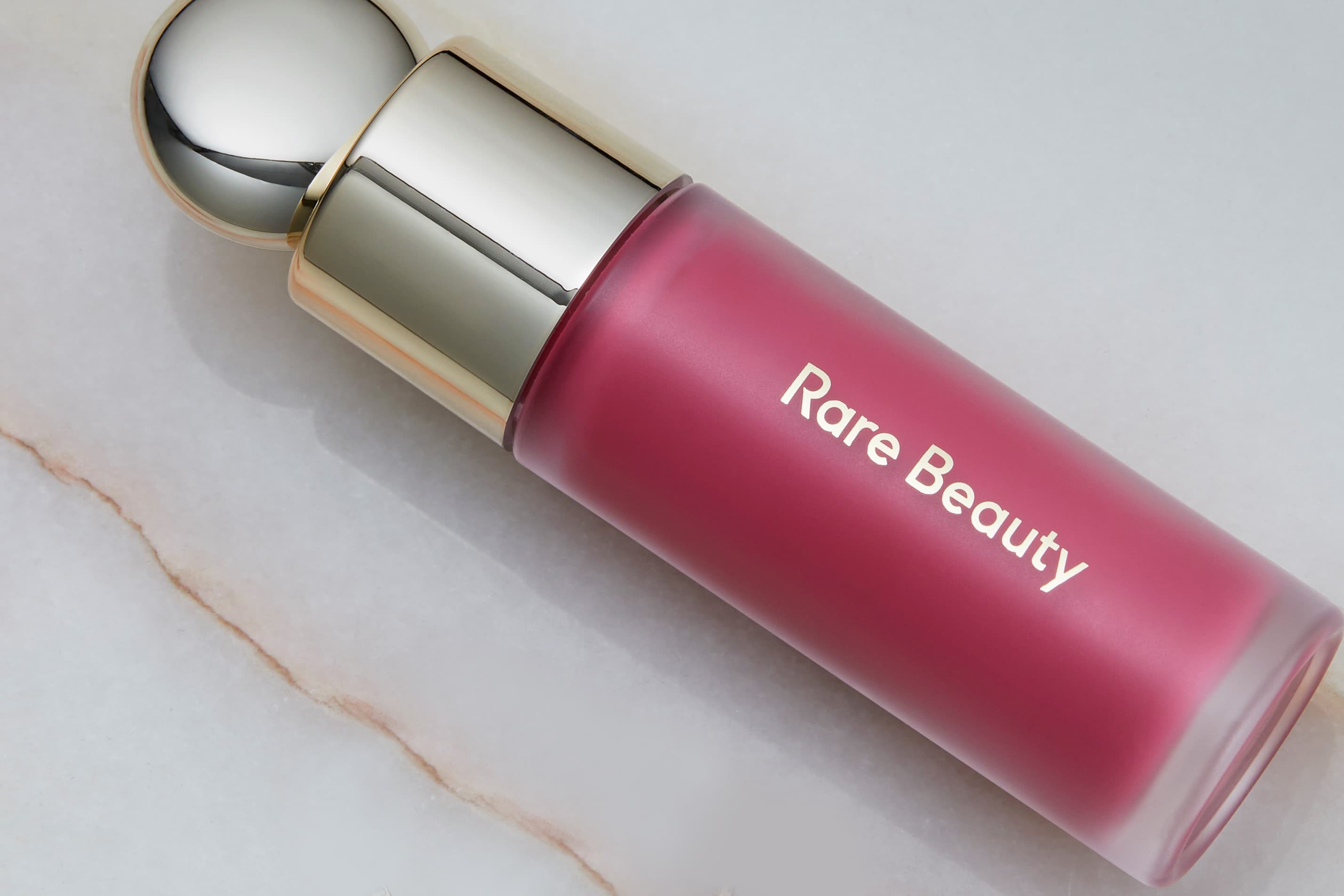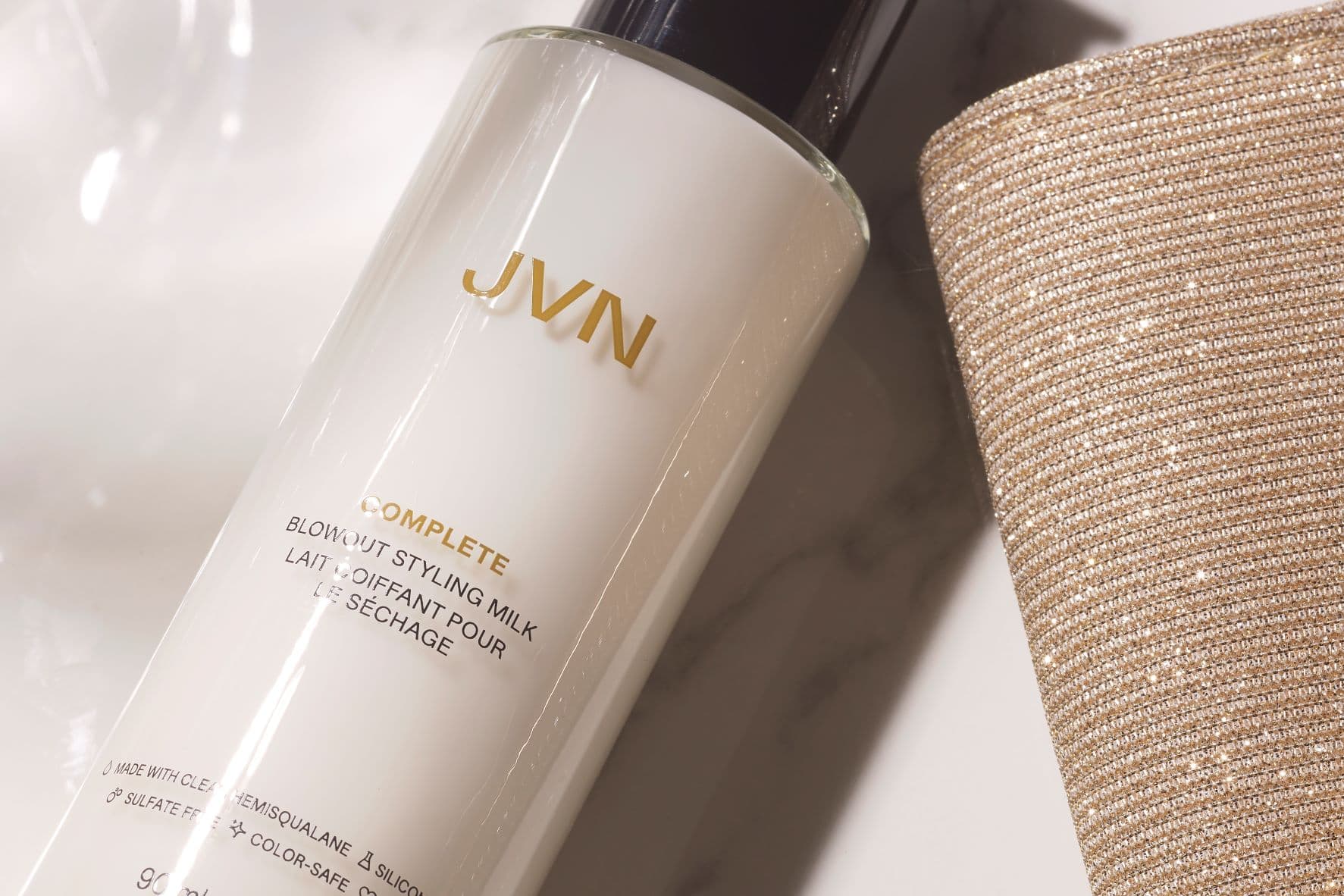The Inside Space Glossary

We’re not talking gin and vodka, but ethanol and isopropanol in hand sanitiser to kill germs, and fatty alcohols like butylene glycol and stearyl in creams to lock in moisture. Try: Aesop Resurrection Rinse Free Hand Wash The building blocks of protein, amino acids have many uses for our skin, including boosting collagen production, increasing hydration levels and easing inflammation. Our advice? Stock up on them. Try: Summer Fridays Cloud Dew Oil-Free Gel Cream Moisturizer Derived from fruit and sugar cane, alpha hydroxy acids – including glycolic, lactic and mandelic – exfoliate the top layer of dead skin and help with hydration and firmness for brighter, smoother skin. Try: Drunk Elephant T.L.C. Sukari Babyfacial Green tea and vitamins A, C and E are all antioxidants that help to neutralise free radicals and protect your skin from stress and the environment. Top tip: layer under SPF to maximise the protection. Try: Sunday Riley Juno Antioxidant + Superfood Face Oil, € 32,00 Derived from berries, alpha arbutin helps to reduce dark spots, pigmentation and scarring without lightening your skin, making it perfect for all skin tones. Try: 111Skin Celestial Black Diamond Eye Cream A dicarboxylic acid that helps to gently exfoliate skin, fight breakouts, reduce inflammation and calm rosacea. It’s also safe for use during pregnancy. Try: The Ordinary Azelaic Acid Suspension 10% This chemical compound is regularly used to treat acne breakouts due to its antiseptic properties, which help to kill bacteria. Some people can find it irritating, so we always recommend seeking advice from your doctor or dermatologist. Beta hydroxy acids are oil-soluble, which means they can get deep into pores and give them a thorough cleanse and rebalance oil production. They also help to calm redness and inflammation, so are ideal for acne-prone and oily skin. Try: Kate Somerville EradiKate Salicylic Acid Blemish Spot Treatment When a hair follicle becomes blocked with dead skin and oil, the top can be oxidised by the air, which turns it black – hence the name. Sun protection labelled as broad spectrum means it protects your skin from UVA (responsible for skin ageing) and UVB (the rays that cause sunburn). Try: Ultra Violette Supreme Screen Hydrating Facial Skinscreen SPF 50+ In the same way an espresso supercharges your energy levels, caffeine in skincare boosts brightness, calms inflammation and eases puffiness. No wonder it's widely used in eye creams. Try: IT Cosmetics Bye Bye Under Eye Cream Referred to as CBD, cannabidiol is the part of the marijuana plant that won’t get you high. It’s a great antioxidant and anti-inflammatory, which means it’s great for anyone with acne-prone or sensitive skin. Try: Chantecaille CBD 300 Face and Body Cream These lipids are like cement and help to hold skin cells together to create a protective barrier against pollution and to prevent moisture loss. Our natural levels deplete as we age, so it’s worth stocking up. Try: Sunday Riley ICE Ceramide Moisturizing Cream Coenzyme Q10 or CoQ10 is an enzyme found in every cell in your body. It’s a powerful antioxidant, so when applied topically it can help protect your skin from environmental aggressors and diffuse free radicals. Try: Herbivore Phoenix Regenerating Facial Oil An essential protein in our skin, collagen provides strength and structure. As we age, our natural levels deplete, which can result in more fine lines and wrinkles, so boosting production via your skincare can result in firmer, plumper skin. Try: Elemis Pro-Collagen Overnight Matrix, € 184,00 This is a severe type of acne with red, angry, pus filled cysts. It’s usually brought on by stress, hormone fluctuations and beauty products, and is more common in those with oily skin types. Also known as atopic dermatitis, eczema is a condition that makes your skin red and itchy. Flare-ups can be caused by pollen, food or fabrics. While there’s no ‘cure’, a simple fragrance-free moisturiser can help to soothe skin. Think of elastin as the web that keeps collagen in place and gives your skin its supple spring. Your body can’t produce more elastin, but using a good retinol can boost the quality of what you’ve got. Try: Murad Retinol Youth Renewal Serum Giving skin a soft, smooth finish, emollients such as shea butter and lanolin are often used in moisturisers. Try: Sisley-Rose Black Rose Cream Mask Another solid antioxidant, ferulic acid helps to protect skin against environmental damage and works well with vitamin C and SPF. Try: Drunk Elephant C-Firma Day Serum These are unstable, oxygen-containing molecules in the environment (created by things like UV rays and pollution) that damage your skin by attacking collagen and weakening elastin. As a humectant, glycerin cleverly attracts water to the outer layers of your skin, topping up moisture levels and shoring up your protective barrier’s defences in the process. You’ll find this hydrator in moisturising products for the skin, body and hair. Try: Drunk Elephant Protini Polypeptide Cream Of all the alpha hydroxy acids (AHAs), glycolic acid is easily the most talked about exfoliating acid. It has a small molecular weight, so it can penetrate deeper into skin and turbocharge collagen production, offering firmer, plumper results. Don’t be tempted to use your formula more than twice a week though as this can cause irritation. Try: The Ordinary Glycolic Acid 7% Exfoliating Toner, N/A Humectants, such as glycerin, urea and sodium lactate, are prevalent in skincare and haircare products because they attract and retain water, essentially boosting moisture levels and beating back dehydration. Try: Augustinus Bader The Cream Hyaluronic acid (HA) can hold up to 1,000 times its weight in water, so is excellent for hydrating your skin. It helps to plump and smooth skin, leaving you with a healthy glow. It’s suitable for all skin types. Try: Paula's Choice Hyaluronic Acid Booster, € 46,00 A natural clay often found in face masks and cleansers, kaolin absorbs excess oils from the skin, calms redness and breakouts, and unclogs pores. Try: Glamglow Instamud 60-second Pore-refining Treatment Usually derived from milk (there are vegan options too), lactic acid is a milder AHA that helps to buff away dry skin and reduce the appearance of fine lines and wrinkles. Try: Oskia Liquid Mask Lactic Acid Micro-peel Liposomes are tiny lipids used in skincare formulas to deliver ingredients. Once the liposome is absorbed by your skin it releases the ingredient. Another AHA, mandelic acid is often championed for sensitive and acne-prone skin as it’s gentler than glycolic, but still exfoliates and helps to increase cell turnover, which in time reduces pigmentation. Try: Allies Of Skin Mandelic Pigmentation Corrector Night Serum Extracted from marula fruit trees, this oil is rich in antioxidants, amino acids and fatty acids, which makes it perfect for nourishing your hair, skin and nails. Try: Drunk Elephant Virgin Marula Luxury Facial Oil Produced by melanocytes in your body, melanin is the natural skin pigment and is what makes your hair and skin appear darker. Darker skin tones have more melanin, while paler skin tones have less. Micellar water is a popular cleansing water. Made up of micelles, which are tiny drops of cleansing oil, micellar water helps to remove makeup, dirt and grime. Try: By Terry Baume De Rose Micellar Water Hydrating Cleansing Water Microbiome is the name for our entire ecosystem of microbes. The condition of your microbiome depends on the variety of bacteria in your body and it affects everything, from your immunity to your mental wellbeing and the look and feel of your skin. Vitamin B3, or niacinamide, is a fabulous anti-inflammatory. It helps to refine pores and strengthen your skincare barrier, which makes it ideal for all skin types including those who suffer with breakouts. Try: Eve Lom Daily Protection SPF50, € 90,00 If your skincare products say they are ‘non-comedogenic’, this essentially means they will not clog your pores – great news for anyone with skin that’s prone to producing excess oil or breakouts. Try: Sisley-Paris Self Tanning Hydrating Facial These are another band of moisturisers, but instead of attracting and retaining water, they work to form a protective layer over your skin, so it can hold onto moisture better. Petrolatum, lanolin, mineral oil and beeswax are examples. As polyunsaturated fatty acids, omega-3s reinforce skin by supporting its cells. You’ll find them in cleansers and face oils because they are known to help smooth the surface of your skin while strengthening its protective barrier. Try: Aurelia Probiotic Skincare Cell Repair Night Oil There’s a lot of misinformation about parabens, but the truth is they are a very safe and effective preservative. They help to prevent the growth of harmful bacteria in your products, and they remain safe to use on your skin. Peptides are amino acids that help to create beneficial proteins in the skin. An example is Argireline, which is used to help plump out and smooth lines. Try: Kate Somerville Peptide K8 Power Cream, € 155,00 This is essentially a gauge that measures the acidity or alkalinity of your skin, or a skincare product. A balanced pH is essential for skin to remain healthy, robust and not sensitive, so it’s important that the pH of your products is also carefully balanced. A pH of between 4.7 and 5.75 is considered neutral for skin. All skin has pigment; it’s what gives your skin its natural colouring. However, UV, hormones and some harsh treatments or injuries can result in the production of excess pigmentation, which in turn can lead to conditions such as hyperpigmentation or melasma. Probiotics are useful organisms that help to preserve your skin’s natural protective barrier, making them excellent for anyone with sensitive or inflamed skin. Try: Allies Of Skin Molecular Saviour Probiotics Repair Mist Resveratrol is an antioxidant, meaning it works to neutralise free radicals, including those created by UV and exposure to pollutants. It slows cell damage, preventing the deterioration of collagen. Try: Caudalie Resveratrol Lift Firming Cashmere Cream Retinol or retinoids – antioxidant derivatives of vitamin A – are known as the gold standard in anti-ageing ingredients, because they help to speed up cell turnover, reduce the appearance of excess pigmentation, smooth skin texture and soften wrinkles. Try: Rosacea is recognisable as patches of redness, often on cheeks, and visible blood vessels. It’s more common in women than men and can be tricky to treat. It’s characterised as inflammation, so using calming, cooling and strengthening products is a must. Try: Kate Somerville Goat Milk Moisturizing Cleanser Derived from willow bark, salicylic acid is an oil-soluble beta hydroxy acid (BHA) that can penetrate your skin’s surface and help to loosen clogged pores. It’s a must-have for anyone who battles with blackheads and breakouts, as well as oily skin types. Try: Votary Blemish Rescue Oil – Tamanu and Salicylic, € 37,43
Often referred to as SLS, this is a stringent cleansing agent used in some beauty products, including cleansers. If you have sensitive skin you may want to steer clear as it can cause irritation. Extracted from soybeans, this is a great ingredient for restoring and soothing your skin. Try: Fresh Soy Face Cleanser SPF, or sun protection factor, is a product’s ability to protect skin from UVB, the rays that cause burning and cell damage. Basically, the higher the SPF, the greater the protection. Depending on the ingredient, SPF works either by absorbing UV (like titanium dioxide) or reflecting it (like zinc oxide).
Squalane is a fatty molecule that softens and moisturises skin, helping to strengthen the protective barrier so that it feels less sensitive and more comfortable. Because of this, you will find it in everything from cleansers and serums to masks and moisturisers. Try: The Ordinary Squalane Cleanser Sulphates (or sulfates) are used in cleansers for both skin and hair because they thoroughly remove dirt and oil, and create a satisfying lather. Many people are absolutely fine with sulphates, but others with sensitive and dry skin may find them irritating and prefer sulphate-free options. Just like a vegan diet, a vegan beauty product has been formulated without any animal products or animal-derived ingredients. This includes beeswax, gelatin and lanolin. More and more brands are turning vegan. Try: Kora Organics Noni Glow Sleeping Mask Also known as ascorbic acid (or L-ascorbic acid on your beauty labels), vitamin C is the most researched skincare ingredient and renowned for its skin brightening and smoothing powers. All skin types can use it, but always wear SPF on top. Try: Kiehl's Powerful Vitamin C Eye Serum, € 54,05
Vitamin E is an antioxidant that’s excellent for calming and strengthening, which is why it is one of the most commonly used ingredients in skincare. Try: Malin + Goetz Vitamin E Face Moisturiser Alcohol
Amino Acids
AHAs
Antioxidant
Alpha Arbutin
Azelaic Acid
Benzoyl Peroxide
BHA
Blackheads
Broad Spectrum
Caffeine
Cannabidiol (CBD)
Ceramides
CoQ10
Collagen
Cystic Acne
Eczema
Elastin
Emollient
Ferulic Acid
Free Radicals
Glycerin
Glycolic Acid
Humectants
Hyaluronic Acid
Kaolin
Lactic Acid
Liposome
Mandelic Acid
Marula Oil
Melanin
Micellar
Microbiome
Niacinamide
Non-comedogenic
Occlusives
Omega-3s
Parabens
Peptides
pH
Pigmentation
Probiotics
Resveratrol
Retinol
Rosacea
Salicylic Acid
Sodium Lauryl Sulfate
Soy
SPF
Squalane
Sulfates
Vegan
Vitamin C
Vitamin E




